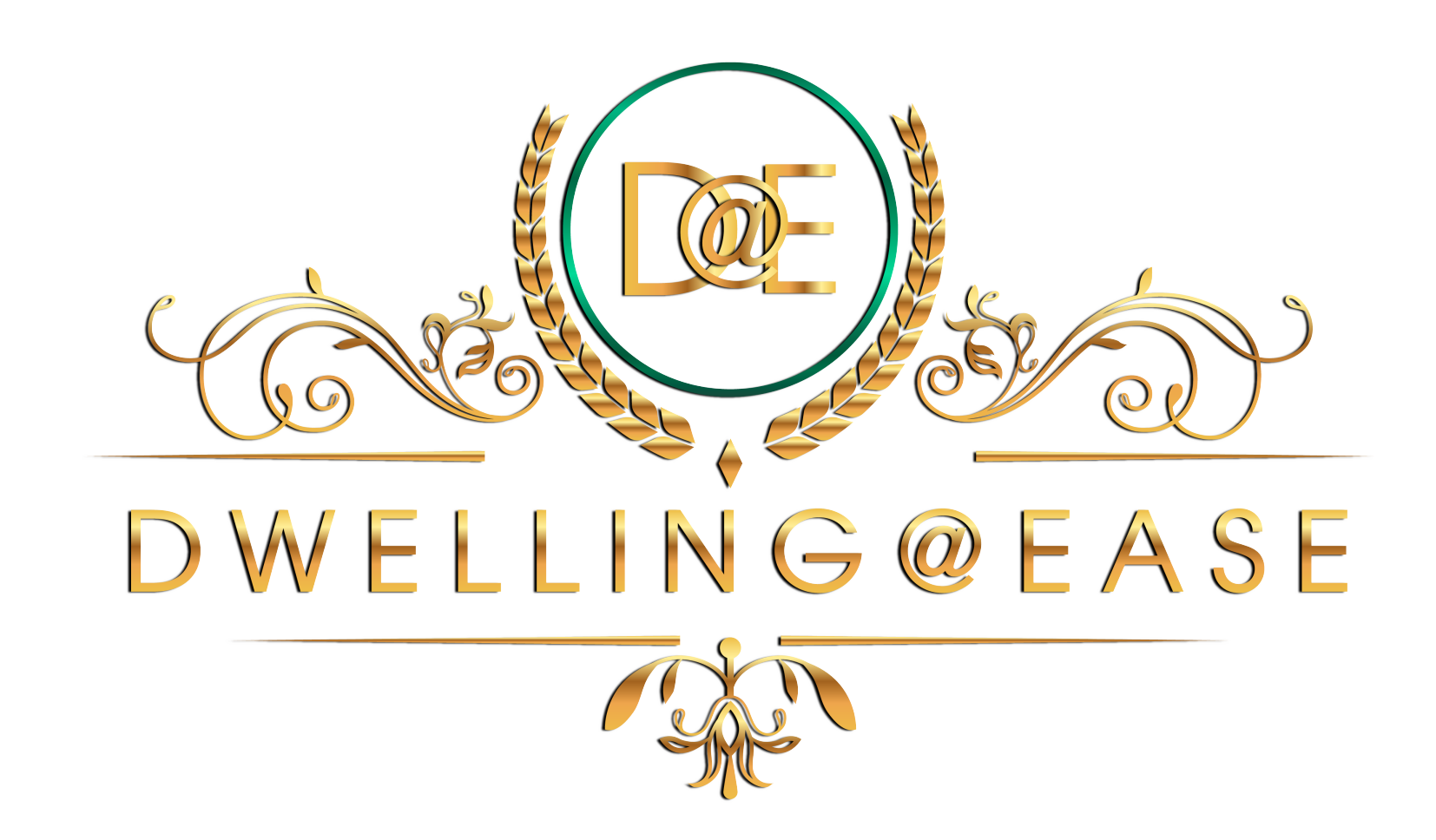Introduction to Python
COURSE OVERVIEW
Unlock the potential of Python with this beginner-friendly course designed to equip you with
foundational programming skills. Python is a popular and versatile programming language
widely used in web development, data science, automation, and software engineering. In this
course, you’ll explore core Python concepts, from basic syntax to advanced functions, and gain
hands-on experience through coding exercises and projects. Whether you’re entirely new to
programming or looking to expand your skills, this course will guide you through Python’s
capabilities step by step.
